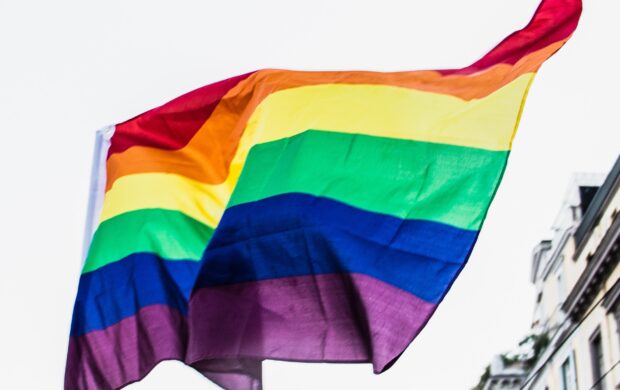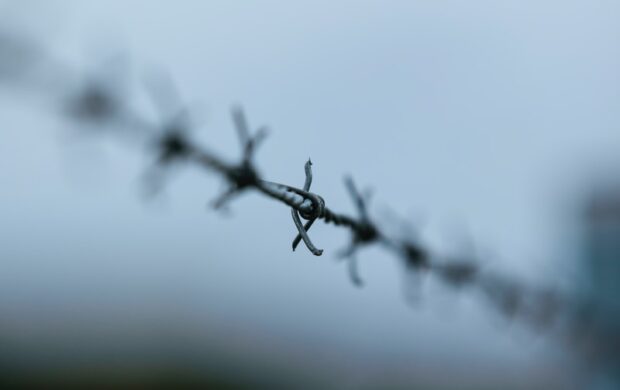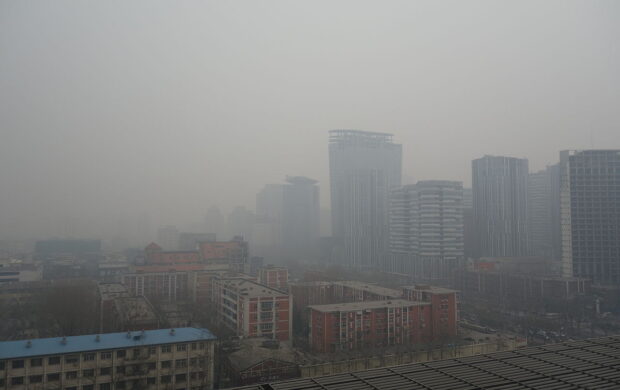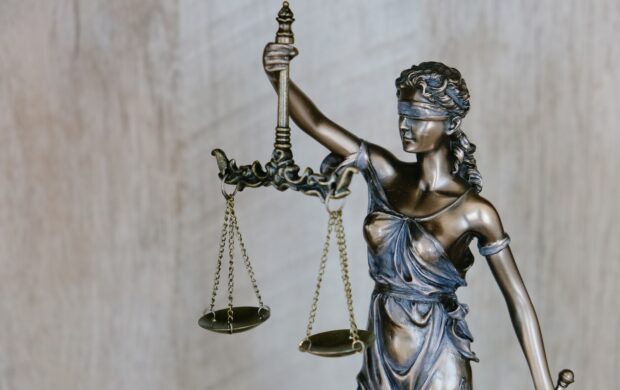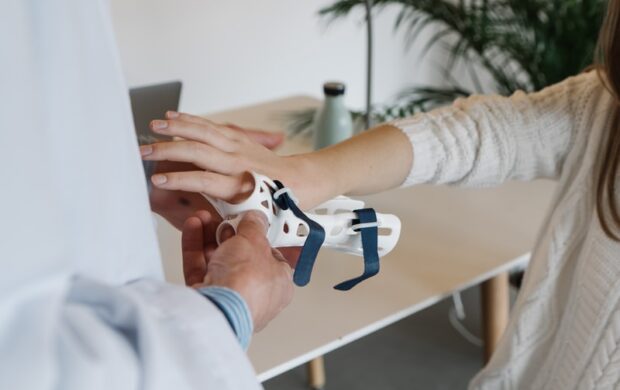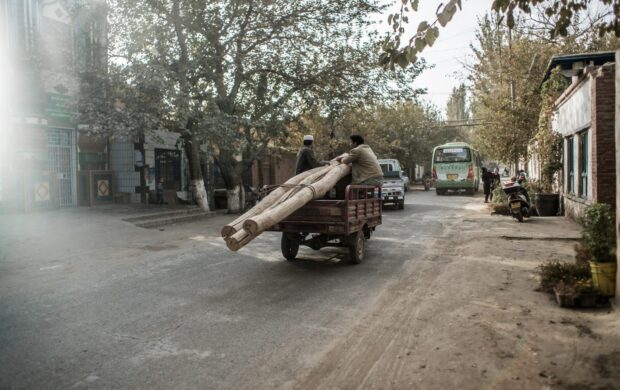On 11 June 2019 a momentous ruling in the history of Botswana saw the High Court strike down laws criminalising same-sex relations, describing them as unconstitutional.
The laws, made in 1965, punished same-sex relations with up to seven years in prison. The abolishment of them has been awaited by many, including President Mokgweetsi Masisis who is said to have backed the ruling.
The judge handling the case, Michael Elburu said, “Human dignity is harmed when minority groups are marginalised.”
Decriminalization efforts have been in the public eye since 2016 when the High Court ordered the Government to register Botswana’s main LGBT organisation, LEGABIBO, and in 2017 it ruled that transgender people have a constitutional right to change their legal gender. These rulings have seen the LGBT community become more visible and accepted among Botswana’s population.
However, there is more work to do; same-sex relationships are illegal in more than 70 countries, and almost half of these are in Africa where employment discrimination on the basis of sexual orientation is prevalent. In Sudan, as well as parts of Nigeria and Somalia, it is punishable by death.
